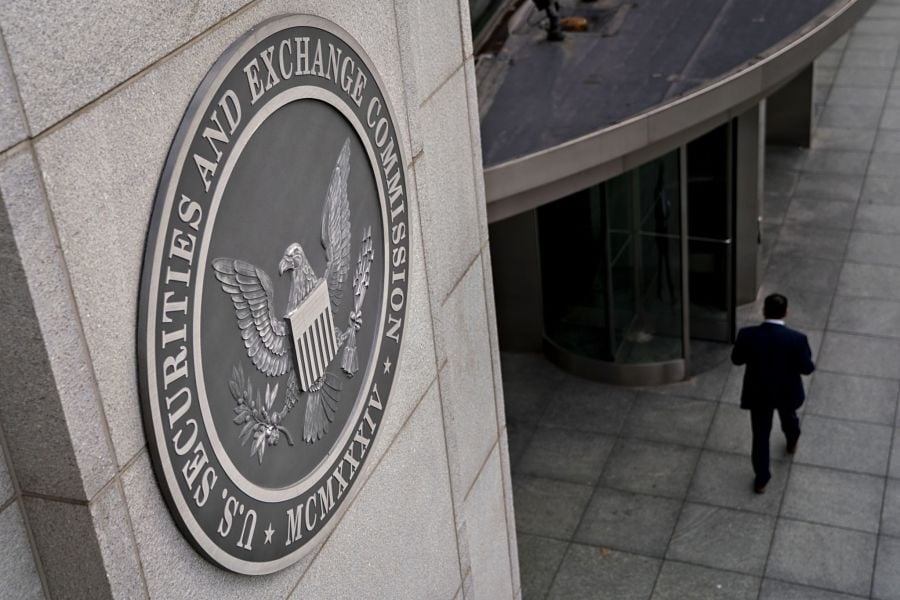

The Securities and Exchange Commission has a fresh warning for the booming SPAC market: Blank-check companies aren’t an end around to avoid disclosing key information to investors.
In a statement Thursday, a top SEC official made clear that despite their unique structure, special purpose acquisition companies are covered by federal securities rules. Claims that promoters face less legal liability than a traditional public offering are “uncertain at best,” said John Coates, the acting director of the agency’s corporation finance division.
SPACs list on public stock exchanges to raise money for the purpose of buying other companies. For months, the SEC has been raising red flags that investors aren’t being fully informed of potential risks.
Coates emphasized that the firms have obligations as they seek to identify an acquisition target, and eventually take it public through another transaction known as a de-SPAC.
“A de-SPAC transaction gives no one a free pass for material misstatements or omissions,” he said. “All involved in promoting, advising, processing, and investing in SPACs should understand the limits on any alleged liability difference between SPACs and conventional IPOs.”
About 300 SPACs launched on U.S. exchanges in the first quarter, raising almost $100 billion. That total was more than SPACs raised all of last year.
The deluge has overwhelmed those responsible for reviewing filings at the SEC, triggered a surge in liability insurance rates for blank-check companies and fueled market anxieties that the bubble is about to burst.

Canadian stocks are on a roll in 2025 as the country prepares to name a new Prime Minister.

Two C-level leaders reveal the new time-saving tools they've implemented and what advisors are doing with their newly freed-up hours.

The RIA led by Merrill Lynch veteran John Thiel is helping its advisors take part in the growing trend toward fee-based annuities.

Driven by robust transaction activity amid market turbulence and increased focus on billion-dollar plus targets, Echelon Partners expects another all-time high in 2025.

The looming threat of federal funding cuts to state and local governments has lawmakers weighing a levy that was phased out in 1981.
RIAs face rising regulatory pressure in 2025. Forward-looking firms are responding with embedded technology, not more paperwork.
As inheritances are set to reshape client portfolios and next-gen heirs demand digital-first experiences, firms are retooling their wealth tech stacks and succession models in real time.
